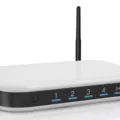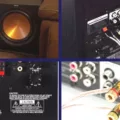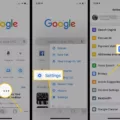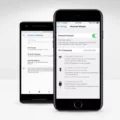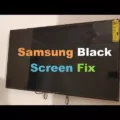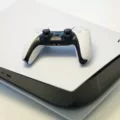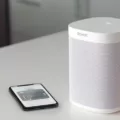When it comes to external hard drives, the last thing you want to hear is a beeping sound. Unfortunately, it’s a sound that many people have experienced. If your hard drive is beeping 5 times, there are a few things you can do to troubleshoot the issue.
Firstly, it’s important to understand what may be causing the beeping. One possible cause is mechanical failure. This means that the physical components of the hard drive may have been damaged, either through dropping the device or other physical trauma. Another cause may be a bad port or cable, which can prevent the hard drive from connecting properly to your computer.
To begin troubleshooting the issue, the first step is to clear any dust from the ports of the cable, hard drive, and computer. Dust or debris can prevent a proper connection, so it’s important to make sure everything is clean. If this doesn’t work, try using another cable. Sometimes, cables can become damaged or worn out, which can cause connectivity issues.
Another solution is to plug your hard disk into another port. Sometimes, the port you’re using may be damaged or malfunctioning, preventing a proper connection. By switching to a different port, you may be able to establish a connection again.
If none of these solutions work, you can try using a USB Y-cable or plug it into a USB hub. This can help to provide additional power to the hard drive, which may be necessary if there isn’t enough power being supplied through the electronics.
You can try connecting your external hard drive to another computer. This can help to determine whether the issue is with the hard drive itself, or with your computer’s connectivity. If the hard drive connects properly to another computer, the issue may be with your computer’s ports or cables.
It’s important to note that if your hard drive is beeping 5 times, there may be a serious issue. The best solution is to have a backup of your data, stop using the device, and contact a data recovery advisor to see if it’s possible to restore the hard drive. By taking these steps, you can help to avoid data loss and potentially save your hard drive from further damage.
If your external hard drive is beeping 5 times, there are several things you can do to troubleshoot the issue. By clearing dust, using another cable or port, using a USB Y-cable or hub, or connecting to another computer, you may be able to establish a proper connection. However, if the issue persists, it’s important to seek professional help to avoid data loss and potential damage to your hard drive.
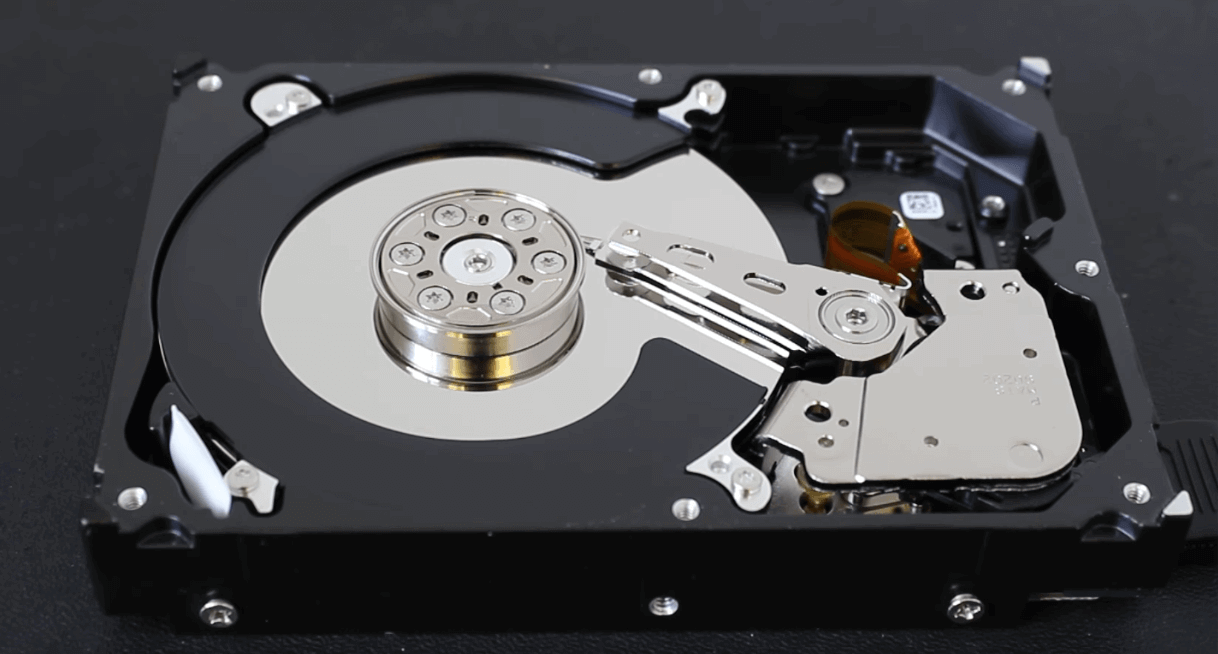
Fixing a Beeping Hard Drive
If you are experiencing a beeping sound from your hard drive, it could indicate a problem with the device. In order to fix the issue, there are a few steps you can take.
1. Contact data recovery professionals – If the beeping sounds persist, it may be best to seek the help of data recovery professionals who can diagnose the issue and help you recover your data.
2. Clear dust from ports – Clear the dust from the ports of the cable, hard drive, and computer. This can be done using compressed air or a soft-bristled brush.
3. Change cable – Try using another cable to connect the hard drive to your computer. A damaged or faulty cable could be the cause of the problem.
4. Change port – If the issue persists, try plugging your hard disk into another port. A faulty port could be the issue.
5. Use a USB Y-cable or USB hub – If you are using a USB-powered hard drive, try using a USB Y-cable or plugging it into a USB hub. This can help provide additional power to the device.
6. Connect to another computer – If the above steps do not work, try connecting the external hard drive to another computer. This can help determine if the issue is with the hard drive itself or with your computer.
By following these steps, you can troubleshoot and fix a beeping hard drive issue. However, if none of these steps work, it may be best to seek professional help to ensure your data is recovered safely.
The Meaning of Hard Drive Beeping
If your hard drive is beeping, it could indicate a serious problem with its electronics and/or mechanical components. In particular, a beeping sound may suggest that the hard drive’s electronics are unable to supply enough power to spin the motor that is designed to turn the platters. This could be due to a variety of factors, including a faulty power supply, a damaged spindle, or an issue with the motor itself. Essentially, the beeping sound is the result of the spindle attempting to spin the platters, but failing to do so due to a lack of power.
It’s worth noting that different types of beeping sounds may indicate different problems with your hard drive. For example, a continuous beeping sound may suggest that the hard drive is experiencing a hardware error, while a series of short beeps could indicate that the drive is overheating. If you are experiencing any type of beeping sound from your hard drive, it’s important to back up your data immediately and seek professional help to diagnose and fix the issue.
Diagnosing a Hard Drive That Is Beeping But Not Showing Up
When your hard drive starts beeping and doesn’t show up, it could be due to a variety of reasons. Some of the most common causes include physical damage to the device due to a drop or a mechanical failure, a bad port or cable, or issues with the power supply.
In most cases, the beeping sound is an indication that the hard drive is failing and needs immediate attention. It’s essential to stop using the device to prevent further damage and data loss.
To avoid losing your important data, it’s always recommended to have a backup of your data. If you don’t have a backup, you should contact a data recovery advisor as soon as possible to see if it’s possible to recover your data before attempting to fix the hard drive.
A hard drive beeping and not showing up is a sign of hardware failure, and prompt action is required to avoid data loss. Having a backup of your data and seeking expert advice from a data recovery advisor is the best curse of action.
Troubleshooting a Beeping Seagate Hard Drive
To fix a beeping Seagate hard drive, there are several troubleshooting steps that you can follow:
1. Clear the Dust: Dust accumulation can cause your hard drive to beep or click. So, try cleaning your hard drive with a soft cloth or compressed air.
2. Use Another Cable: Faulty cables can also cause beeping or clicking sounds. So, try using another cable and see if it solves the problem.
3. Plug Your Disk to Another Port: Try plugging your Seagate hard drive into another port and see if it is detected by your computer.
4. Use a USB Y-cable or Plug into a USB Hub: Insufficient power supply can also cause your hard drive to beep. So, try using a USB Y-cable or a USB hub with a separate power supply.
5. Connect Your External Hard Drive to Another Computer: If the above steps don’t work, try connecting your Seagate hard drive to another computer and see if it works.
6. Back up External Hard Drive: It is always a good practice to back up your important files and data regularly. So, before trying any of the above steps, make sure to back up your Seagate hard drive to avoid any data loss.
If none of the above steps work, your Seagate hard drive may have a physical problem, and you may need to contact Seagate support or a professional data recovery service.
Conclusion
A hard drive beeping five times is a clear indication of a mechanical or electrical failure. The most common causes of this issue are dropping the external hard drive, a bad port or cable, or a failure of the hard drive’s electronics to supply enough power to spin the motor. It is always best to back up your data to avoid data loss and to immediately stop using the device when you hear beeping sounds. Attempting to fix the issue on your own may cause further damage to your device and lead to permanent data loss. If you encounter this problem, it is recommended to contact a data recovery professional to assess the situation and see if it is possible to restore your hard drive. Remember to always take precautions to prevent data loss by regularly backing up your important files.

